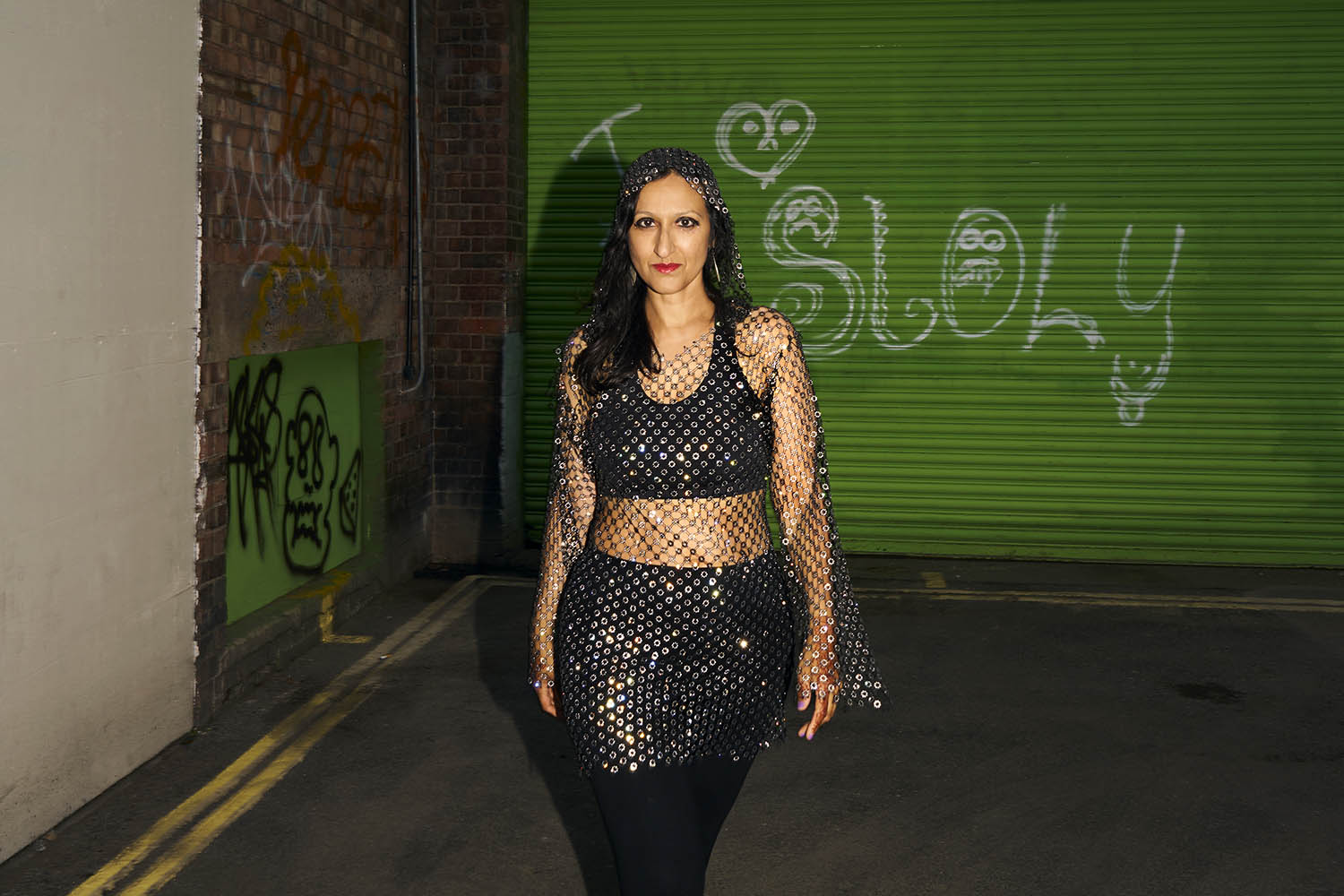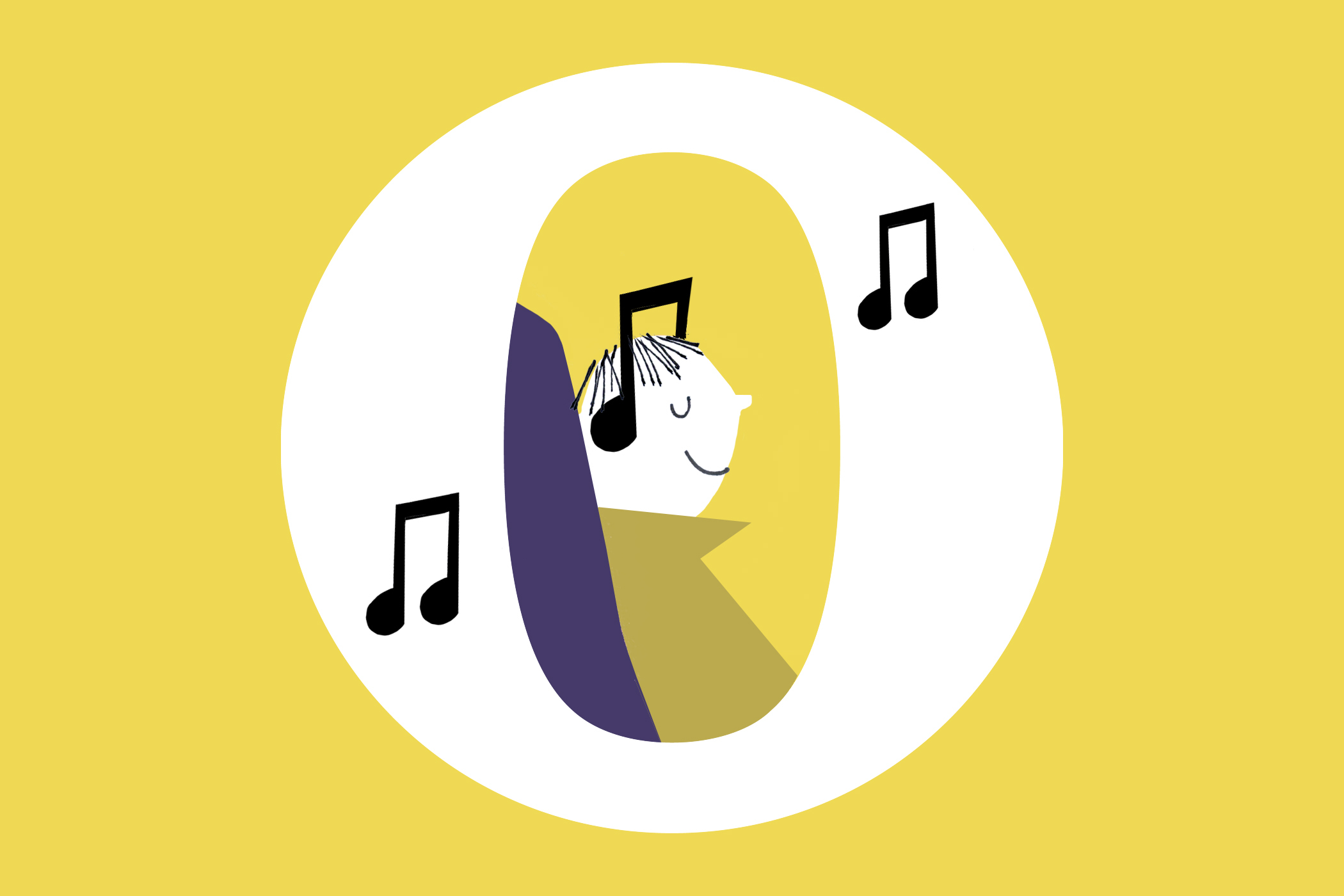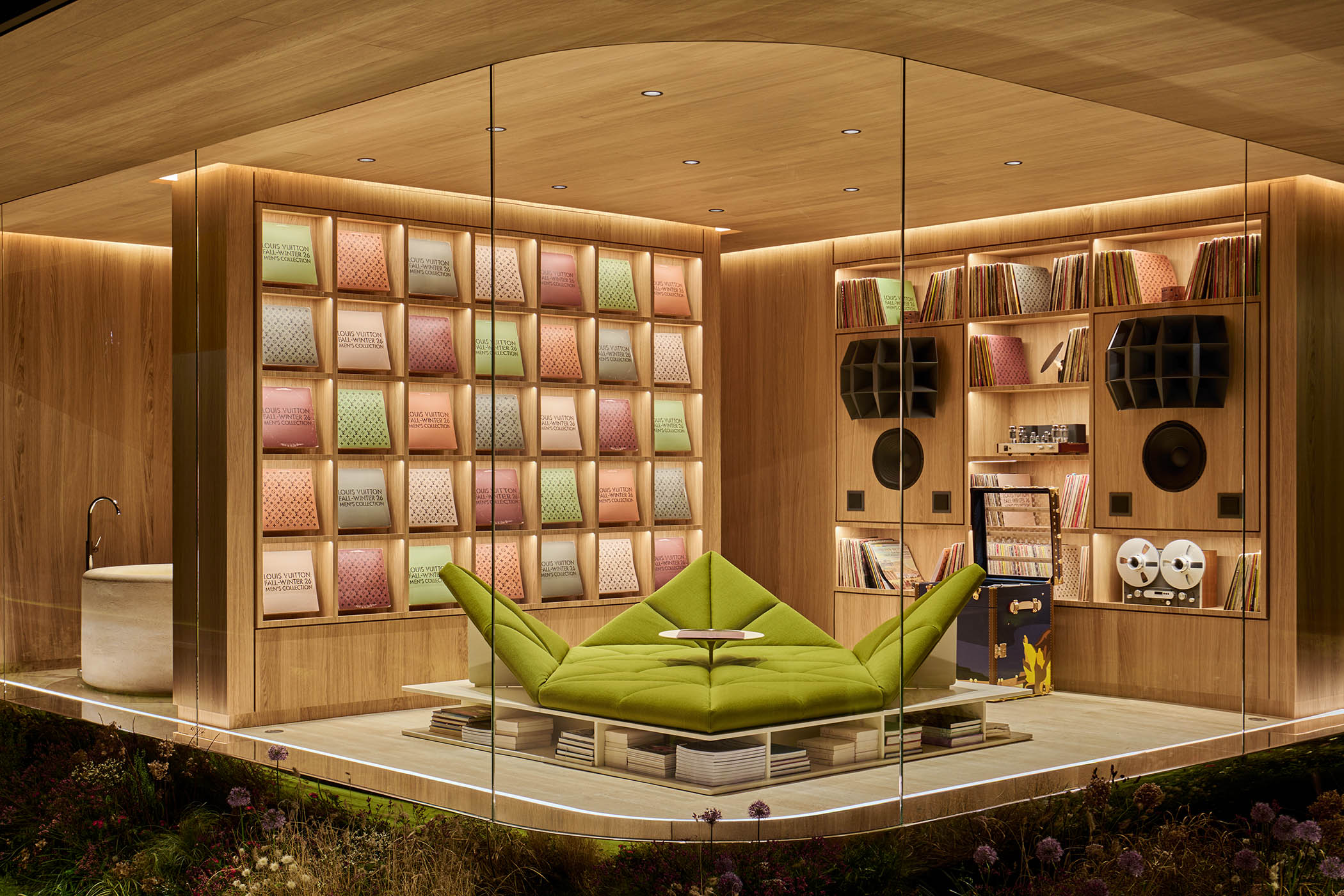Photograph by Suki Dhanda
I am on the lower deck of the N20 as it swings northwards from Trafalgar Square. It is 1.30am and the bus driver slaloms down the street. I am the only passenger other than a sleeping man laid across the back seats. It is pleasurably meditative, steaming through the night like this. The dark, out of these windows, allows my thoughts to clear and my imagination to expand outwards.
But as soon as we hit Leicester Square, the after-party crowd clambers on and the bus explodes into roisterousness. Men in patterned shirts sway on, chomping burgers. Women shout across seats, their heads still in the throb of whichever pub or club they’ve just left. I count the lone women as they get on. Some are watchful, meeting my gaze, others in their own worlds.
There is fun to be had in city darkness, whatever the dangers. This bus encapsulates its enchantments: weekend hedonism with the promise of wantonness, mischief, joy, excess. It’s all here, in the mussed hair, smeared eye-makeup, the and hot, cheap food. There was a time in my life when it felt not only important but essential to party until the early hours, but this kind of night seems long gone for me now, with a peer group too tired or busy to come out if I ask.
And yet, in Berlin for work, I am told by Barbara, a German friend, that it is not unusual for women to go clubbing by themselves. She’s done it – I resolve to do the same. It is well after 11pm by the time I head out. I feel no tiredness, but I’m jittery about my lone night odyssey; it has been years since I last went clubbing, and I have never gone on my own before. I’m not sure what it means to inhabit this space, at the age of 51.
I’m heading to Berghain, in the former East Germany, regarded as a high temple of techno. Its roots lie in the gay and fetish scenes of the late 1990s and is famed not only for its state-of-the-art sound systems but its nudity and sexual abandon. It is the most pernickety of the city’s clubs, with no photography permitted inside and a notoriously haughty door policy; staff let in just a fraction of the hopefuls who queue for two to three hours on a weekend night.
A few days before I arrived, I sent Barbara a photo of the outfit I’d packed: “They might ask you to take some of that off,” she messaged back, saying I would fare better with more flesh on show, and an outfit with an edge of kink. I blink at my reflection in the mirror now. I am wearing a chainmail dress, along with an assortment of mesh, fishnet, gold and leopard-print. I look like a burlesque version of myself.
The bass travels through me as if it were solid and I was air... I feel my pulse quicken
The bass travels through me as if it were solid and I was air... I feel my pulse quicken
I squint for the taxi on the silent road outside my hotel but feel no apprehension. I am going to be delivered into safe, augmented, internal darkness. But I feel a butterfly nervousness as I get out and come face-to-face with a concrete fortress. There are a few people standing at the door, but not the long queues I’d been told about. The prospect of getting in so quickly is both alluring and unnerving as f ive bouncers come into view, standing in a semicircle around the door. The hippest of them, a young Black man with an American accent and turn-up jeans, is speaking to a cluster of people ahead of me. “Sorry, guys, not tonight,” he says, damning, and then turns to look at me. His face remains impassive, and I stand, pleading with my eyes, my smile. My outré outfit is covered up by my coat, but he continues to calculate something beyond it. Slowly the impasse ends, his face softens, and I am in.
It is unexpected, exhilarating. So much so, I feel unsure of what to do next. Unsmiling attendants chivvy me onwards, tape up my phone so I can’t take pictures, and take €20 in exchange for a bracelet which grants me entry until 12pm the next day. I am awed by the club’s vastness, its girdered steel and stark, industrial glamour. I follow a group up a metal staircase and the music hits me like a wave, its currents simultaneously pulsating and relaxing – I feel like I’ve swallowed an upper and downer in one. The crowd circles the DJ booth in unabashed worship. I remember now, with unexpected intensity, how I loved this music once – and this world.
Clubbing was a vital part of my life in the late 80s and 90s, when the music inside the north London clubs I started sneaking into from the age of 15 changed so fast, it seemed like one genre spawned the next, from house to acid, techno, jungle, drum ’n’ bass, each Friday night leading to the discovery of a new, irresistible sound.
The bass here travels through me as if it were solid and I was air... I feel my pulse quicken, my heart pump harder. I am 15 again, electrified, in a first encounter with this high. For all the fugitive, frightening elements of the night, there is this: the thrill of convening together in euphoria. Dancing in this sparking darkness is as elemental as collecting around firelight, heady and hectic. How could I have forgotten how fundamental hedonism is to the soul? I’ve thirsted for it for years, I just didn’t realise it. There is an instant, infectious energy up here. People are smiling and they stop me for conversation. I am suspicious for a while, but it begins to feel like its own world, and I absorb its rules. I become friendly back, part of this house party.
There are more men than women, some shirtless and wearing harnesses, one in a silver grass skirt, another in an animal mask, and several dancing with flamenco fans. The flamboyant mixes with the carnivalesque; nothing seems out of bounds, but nothing is threatening either. I see a woman who is naked under a mesh dress, and another in a swimming costume and trainers. Their nakedness seems like a form of self-expression. There’s a flaunting joy in it. I move on to the dance floor and people make way for me. I wonder about these people: have they come here to be something other than who they are in daytime, or do they become most fully themselves when they get here?
I recall the bouncer’s slow, silent appraisal of me at the door. Had he seen something in me that I hadn’t quite seen in myself, but which now feels like – a long-eclipsed, perhaps even forcibly buried version of me? Because, once I have crossed the threshold and am inside this transfiguring darkness, I am no longer a responsible homeowner, journalist and carer of elderly parents. I am no more or less than my silver-black dress and gold eyelashes, the outfit itself presenting the possibility of becoming another “me”. I feel this with an almost pharmaceutical clarity, as if the music has led me to this “truth”.
An Austrian man in a midriff top and Doc Martens tells me he has stayed at Berghain for days at a time. A Saturday entry bracelet allows you to remain in the club until Monday. There are beds, he says, and shower rooms. He walks me around to spaces I haven’t yet seen: more dim cubby-holes and a cage-like, bare room that has the look of an abattoir, where people stand talking. I ask him what he does for a living; he tells me he is a postman, with such remove that I imagine his “working” self is still out there, delivering letters in the daylight world. He speaks of other clubs he has been to across Europe, ever more extreme in his stories of partying night upon day upon night again. This, it is clear, is where he lives his “real” life. I can see why. The highs of the day pale in comparison with the intensity of this rush, and I feel the urgency to come back and back and back again, even while I am still here. The longer I dance, the more I feel suspended in the room’s blazing dark.
It is only when a woman taps me on the shoulder and points to a chink in a tall window’s black-out blind that I see the outline of natural light at its corners. It is almost six o’clock in the morning. The music has swallowed up so many hours. Slowly, I wrench myself away from the dance floor. I begin to leave, but I circle back around a few times, until I finally exit. I feel regret even then, and turn around to take in the building, still throbbing in its permanent state of partying night. I feel desperately disappointed to be outside. I want to keep gulping down more of the music, more of the dark and its joyful abandon. In spite of my tiredness I want to run back in. What is this feeling? A wish to be part of a congregation in the dark, I realise; a desire to find affinity within it. I see now how people come here not to be released but to be returned to themselves.
Arifa Akbar is the author of Wolf Moon: A Woman’s Journey into the Night, published by Sceptre at £16.99. Buy it from the Observer Shop for £15.29
Newsletters
Choose the newsletters you want to receive
View more
For information about how The Observer protects your data, read our Privacy Policy


